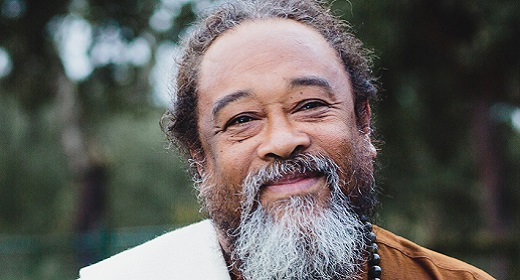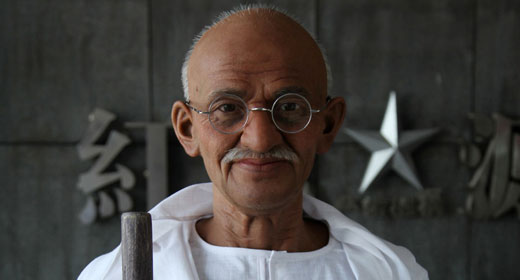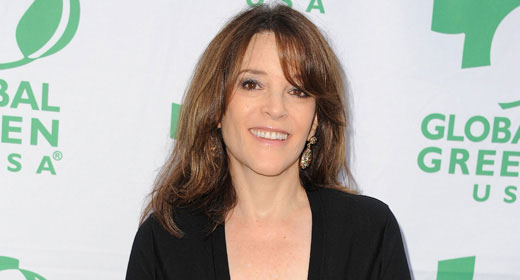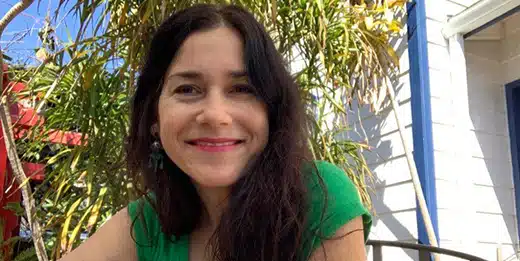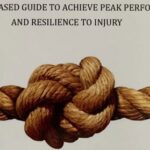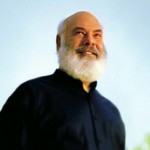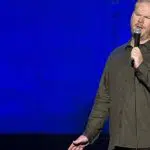by Dr. Alberto Villoldo: All endings are a passage to the next beginning. As this challenging year draws to a close, we have a new year to look forward to…
And as we consider what resolutions we want to focus on in the new year, it’s important to also bring our awareness to the accumulated baggage we need to dispose of. What roles have we carried throughout the year─or, more likely years─that no longer serve us? What burdens do we carry that need to be left behind?
There is a story of a hiker who comes across a man at the foot of a mountain. The man has a wooden raft strapped onto his back. The hiker asks him why he is carrying a raft, as there are no rivers or lakes on that mountain, and the man responds that the raft saved his life once when he was near the sea.
The raft represents all the beliefs and skills that served us at a particular moment in our life, but that have now turned into burdens that we carry on our backs.
It takes courage to leave old, familiar parts of our lives behind─especially when we are not sure of what might come along to replace them. But once we understand that all change, like death, is merely a transition into a different form of life, then change ceases to be so frightening. We can take comfort in knowing that we’ll be resurrected, even if we have no clue what our new existence will be like.
Folk culture gives us the image of Death as the Grim Reaper, a faceless being in a hooded black robe who carries a sharpened sickle and points his bony finger at his latest victim, designating that this poor soul must come along with him to the unknown world of the dead. But the sickle he carries is a tool of the harvest, used to cut the grain away from the stalk so that it can be made into bread to feed and sustain life. If we leave the grain on the stalk, it will grow mold and become useless. Without death, without the harvest, there can be no life. Like the stalk of wheat that contains within it the seeds of future harvests, we also contain within us the “seeds” of our future life. This allows us to shed the fear of death, and change, that haunts humanity.
When a monk enters a monastery, his head is shaved, his street clothes are exchanged for a simple robe, and he receives a new name. Stripped of his identity, the initiate is free to discover who he is becoming. As part of your own initiations, you, too, will have to let go of the outer garments of who you were. This doesn’t mean that you go and shave your head, but simply that you drop the facade and relax the finely crafted face that you put on in the morning. Then, and only then, can you discover who else is behind the eyes that look back at you from the mirror.
Once we experience the feelings that surface when we realize that an aspect of our life is ending, we can find a certain perfection to our life right now and see it as the clay of creation. What possibilities lie in that ball of clay? As you knead and shape your new beginning, may you be filled with peace, love and hope!

